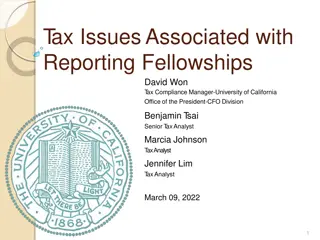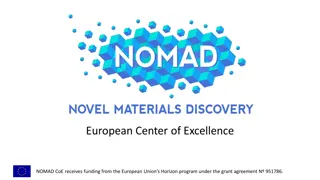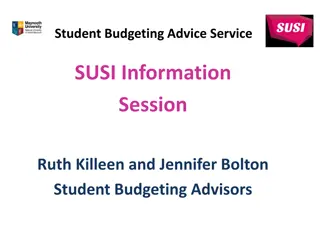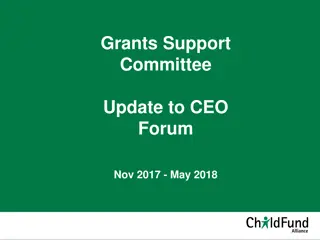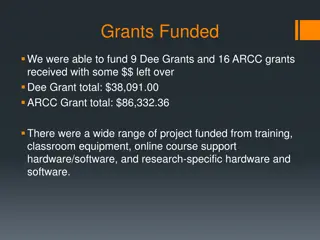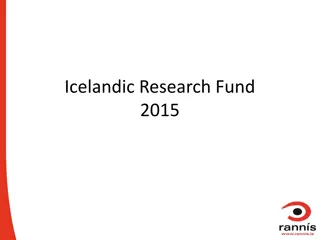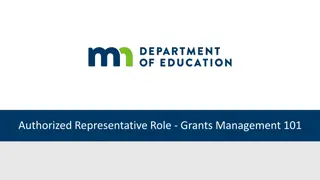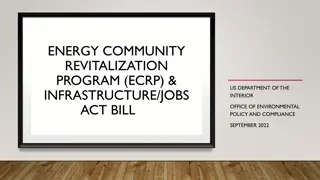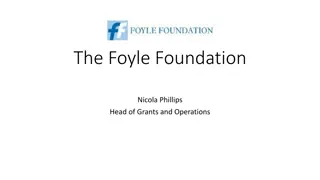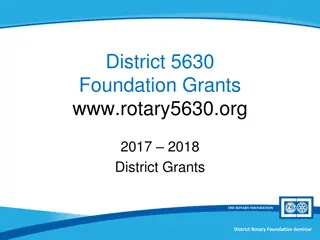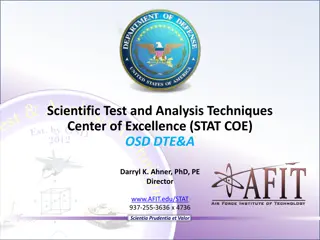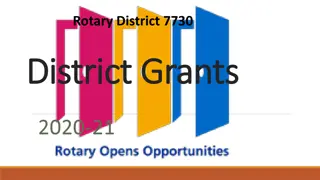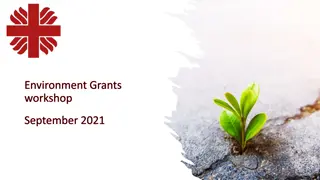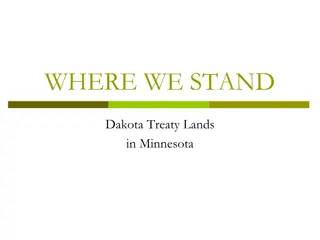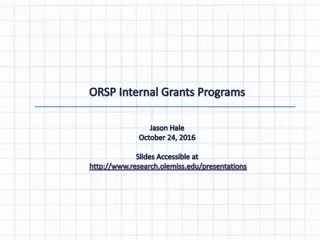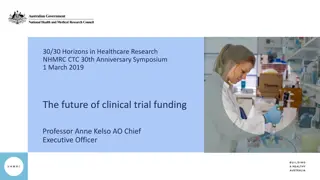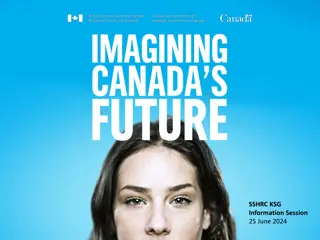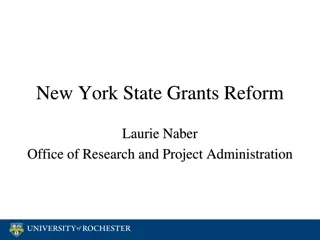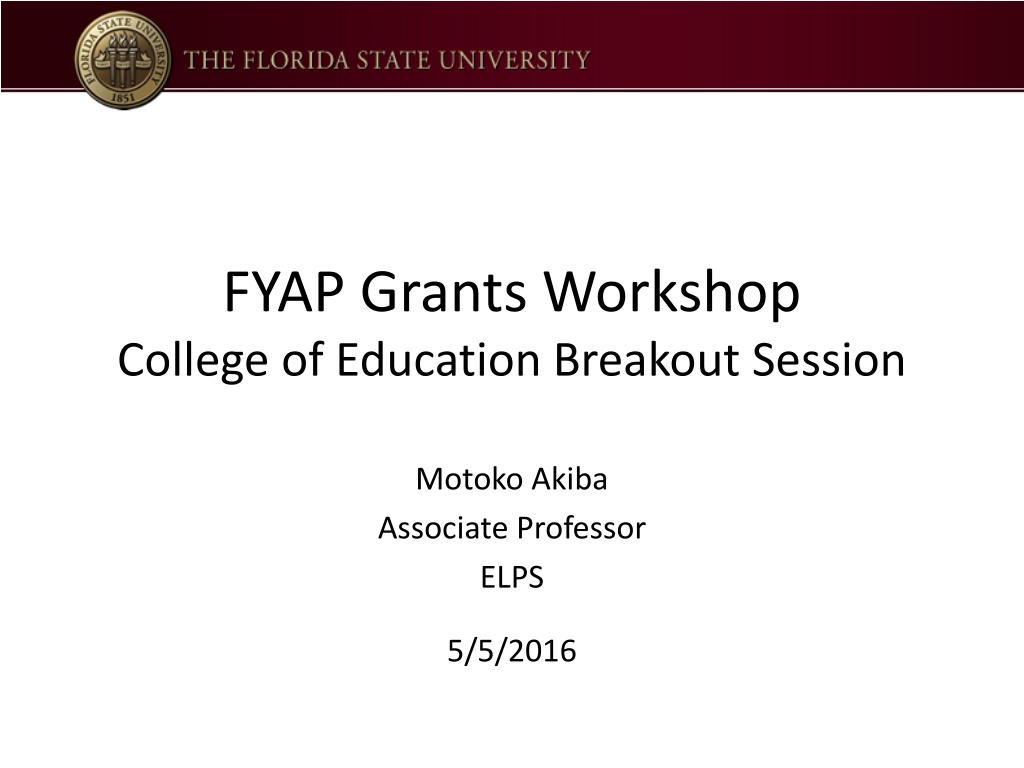
Grant Writing Tips and Success Strategies in Education Research
Learn about grant writing experiences, benefits, and challenges in the field of education research through the insights shared by Associate Professor Motoko Akiba. Discover advice for early career researchers, funding sources, and effective strategies that worked for securing grants. Gain valuable tips on collaborating with experts, managing projects, and overcoming obstacles in grant writing activities to advance your research career successfully.
Download Presentation

Please find below an Image/Link to download the presentation.
The content on the website is provided AS IS for your information and personal use only. It may not be sold, licensed, or shared on other websites without obtaining consent from the author. Download presentation by click this link. If you encounter any issues during the download, it is possible that the publisher has removed the file from their server.
E N D
Presentation Transcript
FYAP Grants Workshop College of Education Breakout Session Motoko Akiba Associate Professor ELPS 5/5/2016
Overview My grant writing experience Benefits and challenges of grant writing activities What worked for me Advice for FYAPs Funding sources for early career researchers in education
My grant writing experience Year Funded Grant Started small and expanded slowly over the years 2000 AERA Dissertation Grant (10K) 2002 AERA Research Grant (25K) Developed a new proposal that builds on prior grants each time 2003 AERA/IES Research Grant (25K) 2004 Hired as a tenure-track faculty 2004 PI on IES NAEP Secondary Analysis Grant (100K) Worked with experienced PIs in pre-tenure years 2004 Co-PI on NSF grant (913K) 2005 PI on Internal Grant (22K) 2008 PI on NSF CAREER Grant (630K) Submitted many proposals (and received many rejections with useful feedback) 2010 Tenured! 2012 Moved from MU to FSU 2014 PI on NSF DRK-12 Grant (450K) 2016 Promoted to Full Professor (Aug.)
Benefits & Challenges of Grant Writing Activities Benefits Opportunity to collaborate with experts (Co-PIs, advisory board members) Challenges Balancing grant writing and publications Finding collaborators who share the same value and vision for research, but who bring different expertise Engage in interdisciplinary research (content and methods) Support long-term goals of your research program (collect high quality data, hire GRAs, and work with practitioners and policymakers) Time for managing the project (e.g., budget and purchasing, IRBs, hiring, communications with district, schools, and teachers) Contribute to education practice and policy The benefits outweigh the challenges!
What Worked (1) 1. Taking advantage of learning opportunities (i.e., workshops, funded proposals, learning from experienced PIs) 2. Learning the difference between grant proposal writing and other academic writing 3. Talking with program officers and staying current with funding priorities
What Worked (2) 4. Developing long-term vision and goals for my research program considering funding opportunities (iterative process) 5. Continuously learning new research methods that benefit the project 6. Not being discouraged by rejections and persevering in grant writing (and learning from reviewer comments)
Advice for FYAPs (1) 1. Participate in COE OoR events to become familiar with grant opportunities and grant writing process Present at the COE Poster Session on 8/20 to share your research and learn about other faculty members research Attend grant writing workshops organized by COE OoR Meet with Terra Bradley and utilize the COE OoR Funding Opportunities Database to identify grant opportunities in your area Utilize the COE OoR Faculty Research Interests / Expertise Database to identify experienced PIs who conduct similar research and learn from them Attend University-level grant workshops and training (e.g., NSF CAREER proposal writing workshop)
Advice for FYAPs (2) 2. Develop a long-term research program Move beyond dissertation research (1-2 studies) to develop a research program (10-12 studies) Think about which part of your research program can attract external funding Be open to strategically framing your research program to align with the funding priorities
Advice for FYAPs (3) 3. Submit proposals for internal grants and small-scale external grants CRC Grant Programs COE Research Grant ($5,000) Small-Scale Grants (slide 11) * Start early and get feedback from experienced PIs * Apply for research grants rather than service grants
Advice for the FYAPs (4) 4. Balance time for publications and grant writing Your publication record (as evidence of expertise and research productivity) leads to your first external grant Once funded, strategically plan for developing journal manuscripts as outcomes Publication is the key to moving from a small-scale grant to a large-scale grant
Funding Sources for Early-Career Researchers (1) Small-Scale Grants AERA Research Grant ($35K over 2 yrs) http://www.aera.net/ProfessionalOpportunitiesFunding/FundingOppo rtunities/AERAGrantsProgram/tabid/10242/Default.aspx NAEd/Spencer Post-Doc Fellowship ($55K over 1-2 yrs) http://www.spencer.org/content.cfm/naed-spencer-postdoctoral- fellowships IES Early Career Statistical and Research Methodology (200K over 2 yrs)http://ies.ed.gov/funding/ncer_rfas/methodology_earlycareer.asp
Funding Sources for Early-Career Researchers (2) Large-Scale Grants NSF Faculty Early Career Development Program (CAREER) (400K over 5 yrs) http://www.nsf.gov/funding/pgm_summ.jsp?pims_id=503214 William T. Grant Scholars Grant (350K over 5 yrs, by nomination) http://wtgrantfoundation.org/Grants#apply-wtgrant-scholars IES Research Training Program in Special Education: Early Career Development and Mentoring (400K over 4 yrs) http://ies.ed.gov/funding/ncser_rfas/ncser_earlycareer.asp

